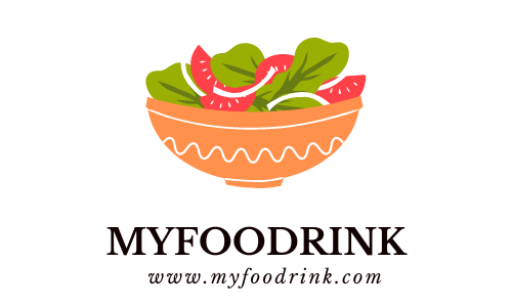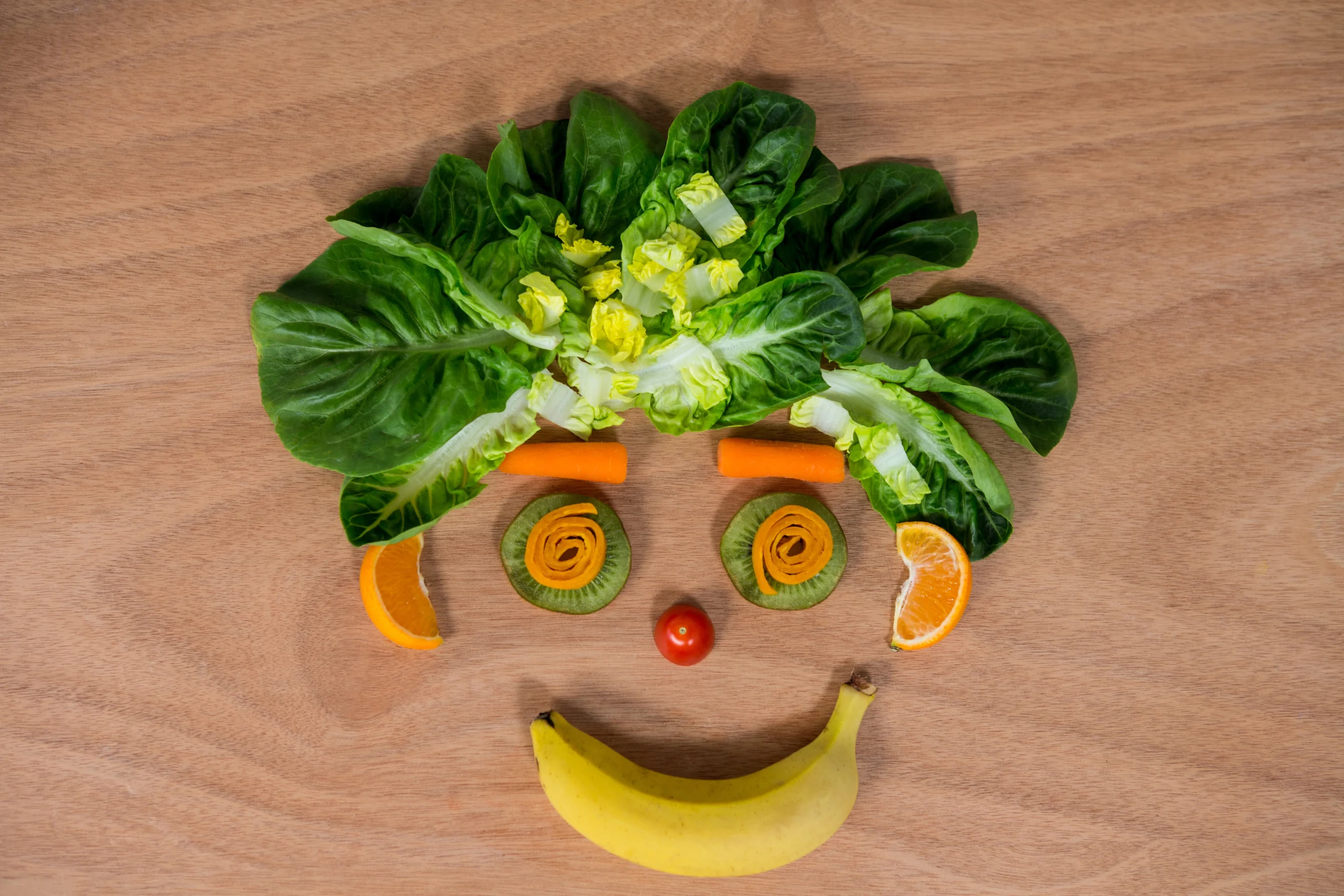Introduction
In today’s fast-paced world, more people are turning to a plant-based diet to boost their health, protect the environment, and enjoy a more vibrant lifestyle. But what exactly is a plant-based diet? Simply put, it’s a way of eating that focuses on foods derived mostly from plants—like fruits, vegetables, whole grains, legumes, nuts, and seeds—while minimizing or avoiding animal products.
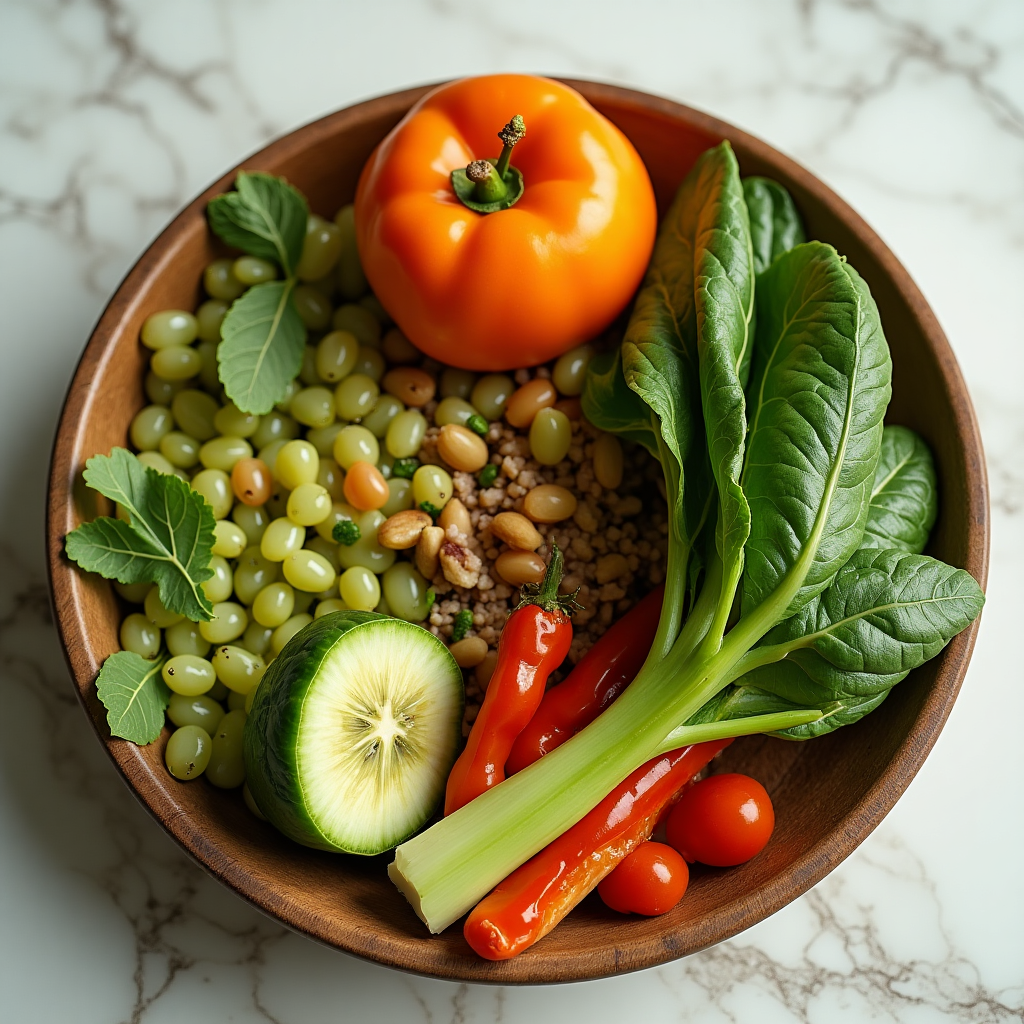
Unlike strict vegan or vegetarian diets, a plant-based diet offers flexibility, making it easier and more sustainable for many people. Whether you’re looking to improve your health, manage your weight, or live more sustainably, exploring a plant-based lifestyle could be the life-changing step you’ve been searching for
Here’s a clear and engaging section you can use for “Health Benefits of a Plant-Based Diet”:

Health Benefits of a Plant-Based Diet
Choosing a plant-based diet isn’t just a trend — it’s a powerful way to nourish your body and protect your long-term health. Here are some of the major benefits backed by science:
1. Boosts Heart Health
Plant-based diets are rich in fiber, antioxidants, and healthy fats, all of which support a healthy heart. Studies show that people who eat mostly plants have a lower risk of heart disease, high blood pressure, and stroke.
2. Supports Healthy Weight Management
Eating a diet full of nutrient-dense, low-calorie plant foods like vegetables, fruits, and legumes can naturally help with weight loss or weight maintenance without strict calorie counting.
3. Reduces the Risk of Chronic Diseases
Plant-based eating has been linked to a reduced risk of chronic illnesses such as type 2 diabetes, certain cancers, and autoimmune diseases. The high levels of antioxidants and anti-inflammatory compounds in plants help protect cells and reduce inflammation.
4. Improves Digestive Health
A fiber-rich diet from plants promotes a healthy gut microbiome, improves digestion, and helps prevent constipation. A healthy gut also supports overall immune function and mental well-being.
5. Increases Energy and Vitality
Many people report feeling more energized and mentally clear after adopting a plant-based diet. Natural, whole foods provide steady energy without the crashes that often come from processed foods.
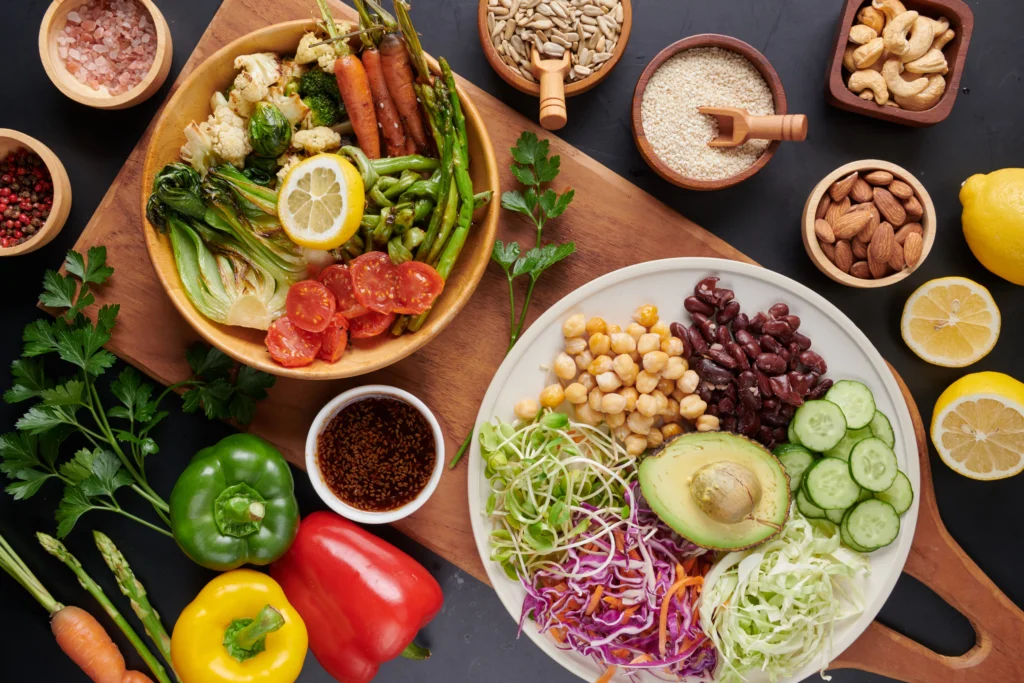
How to Start a Plant-Based Diet Today
Step 1: Start with One Plant-Based Meal a Day
Begin by making just one of your daily meals fully plant-based. Breakfast is a great place to start—think oatmeal with fruit, a smoothie packed with greens and seeds, or avocado toast on whole-grain bread.
Step 2: Make Easy Swaps
You don’t have to give up your favorite dishes. Instead, swap animal products with plant-based alternatives:
- Meat → Lentils, beans, tofu, tempeh, or mushrooms
- Dairy milk → Almond, oat, soy, or coconut milk
- Cheese → Nutritional yeast or cashew-based cheese spreads
Step 3: Fill Half Your Plate with Plants
At every meal, aim to cover at least half your plate with vegetables, leafy greens, or fresh fruits. This boosts fiber intake, keeps you full, and floods your body with nutrients.
Step 4: Plan Ahead
Having a few easy recipes and ingredients on hand makes it much easier to stay on track. Try prepping a big batch of chili, roasted veggies, or a grain bowl on the weekend for quick meals during the week.
Step 5: Explore New Flavors
One of the best parts of going plant-based is discovering new ingredients and cuisines. Try a Thai peanut stir-fry, Indian chickpea curry, or Mediterranean quinoa salad. Let your taste buds lead the way!
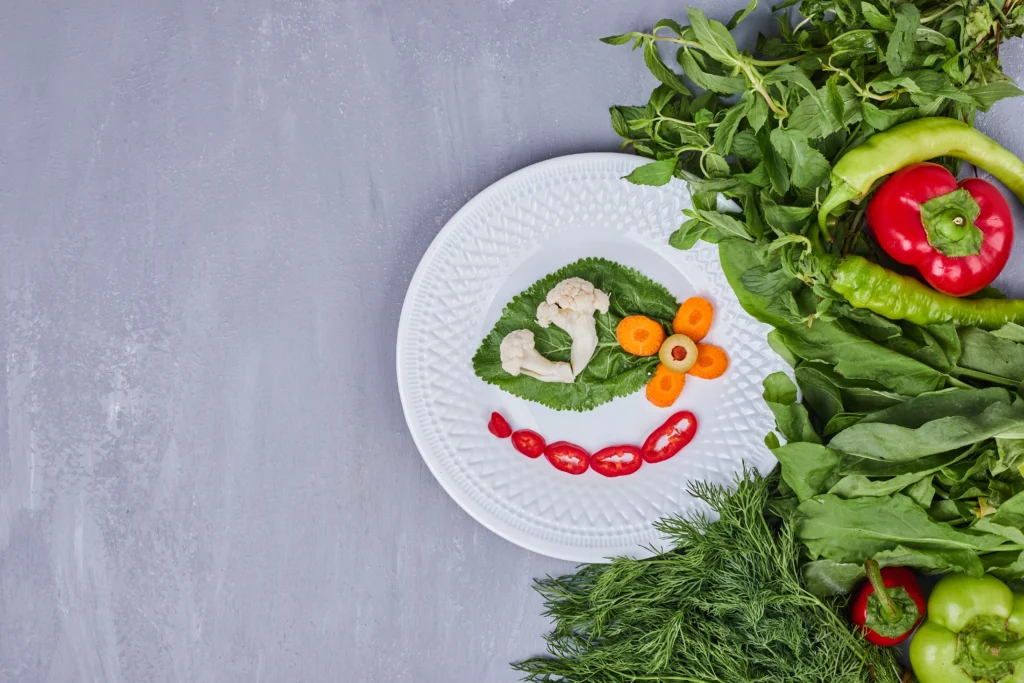
🌱 Tips for Long-Term Success on a Plant-Based Diet
- Start Slowly
You don’t need to overhaul your diet overnight. Begin by replacing one meal a day with a plant-based option or commit to Meatless Mondays. - Focus on Whole Foods
Prioritize fruits, vegetables, whole grains, legumes, nuts, and seeds. These are nutrient-dense and help keep you full and energized. - Plan Your Meals
Meal prepping can help you avoid unhealthy choices and make plant-based eating convenient. Keep staples like beans, quinoa, and frozen veggies on hand. - Experiment with Recipes
Trying new dishes keeps things exciting. Look into global cuisines—like Indian, Thai, or Mediterranean—for naturally plant-based meals. - Read Labels Carefully
Not all “plant-based” products are healthy. Watch for added sugars, sodium, and highly processed ingredients in packaged foods. - Don’t Worry About Perfection
It’s okay to make mistakes or indulge occasionally. Focus on progress, not perfection—every plant-based choice counts. - Consider Supplements
B12 is essential and typically not available in plant foods. Talk to your healthcare provider about vitamin B12 and other nutrients like iron, omega-3s, and vitamin D. - Join a Community
Support makes all the difference. Join online forums, social media groups, or local meetups with others on a plant-based journey.
🌟 Conclusion
Choosing a plant-based diet isn’t just about what you take off your plate—it’s about what you gain. From improved energy and better health to a positive impact on the planet, the benefits are far-reaching. Whether you go fully plant-based or simply add more plant-powered meals to your routine, every step counts. Start small, stay consistent, and listen to your body. Your journey to vibrant health begins with one bite—why not make it a green one today?
